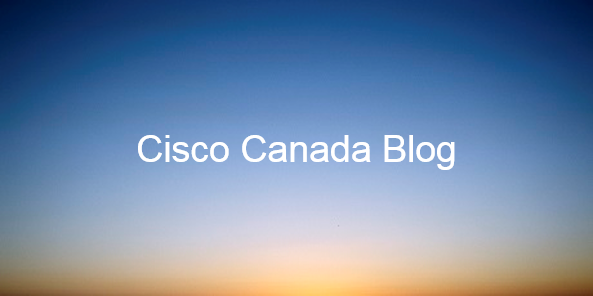
Two weeks ago I attended a presentation by Jeremy Rifkin at the Evergreen Brick Works in Toronto. Jeremy talked about transitioning our conscious state to becoming one that is “biospheric”. Rifkin claims that we are on the cusp of a historic convergence of energy and communication – a third industrial revolution – that could “extend empathic sensibility to the biosphere itself and all of life on Earth”. The distributed Internet revolution is coming together with distributed renewable energies, making a sustainable, post-carbon economy possible that is both globally connected and locally managed. “The new distributed communication revolution not only organizes distributed renewable energies, but also changes human consciousness”. The information communication technologies (ICT) revolution is quickly extending the central nervous system of billions of human beings and connecting the human race across time and space, allowing empathy to flourish on a global scale, for the first time in history. [The Empathetic Civilization is Emerging]. Interesting stuff.
It reminded me of a book that I gave to my son and was written by David Suzuki [You are the Earth, 1999]…at a whole different level, David was able to explain my son (and me) that ultimate we are all ONE – with one another and Nature itself. We breath the air that is made up mostly out of nitrogen and oxygen, but also small amounts of carbon dioxide and argon. Each breath we breathe out contains about 30 zillion atoms of argon. Argon atoms never change or die; they stay around forever. Therefore, Suzuki states, we breathe air that includes argon atoms once exhaled by Egyptian slaves building the pyramids, Joan of Arc, Napoleon, his horse, and … yes, even dinosaurs. “Air joins together all of Earth’s creatures – past, present, and future”, says Suzuki (it’s a real nice book; you should get it for your kids, and it is interesting for adults also). If we’re all ONE, it is about time that we find empathetic sensibility to our fellow earthlings, the biosphere itself, and all of life on earth.
I am going to assume here that both David and Jeremy are right (it sounds certainly logical and scientifically sound to me). Then, why do we continue to get drawn in only financial (and political) arguments as we evaluate new and innovative ideas that serve the greater good? [see my blog: “Killing Progress with Financial ROI’s (and Spreadsheets)”]. Why can’t our biospheric consciousness play an important role in the balanced decision making for all aspects of our future ? It’s because our biospheriec consiousness is perceived to have no (monetary?) value. How can you compare a “wellness” or “environment” measure with something else that has all the mathematical reasoning to back it up (= finance)?
This is where the concept of SROI would come in. SROI stands for Sustainable Return on Investment (p.65). “SROI determines the full value of a project by assigning monetary values to all costs and benefits—economic, social and environmental” says HDR Inc, a design and engineering firm that invented and perfected SROI. The process provides decision support to increase the likelihood of a project going forward by prioritizing all sustainable initiative benefits (not just financial). SROI helps communicate the full value of a sustainable initiative including direct, indirect/non-cash costs and benefits as well as the values of externalities that are generally overlooked in economic assessment and not revealed to stakeholders. It’s where economic, social (and socio-economic), and environmental (with its economic and social characteristics) factors strike a perfect balance that we have all levers considered to define a true return. In other words: we may spend a few extra dollars to build a hospital; but it saves a few extra lives. We may achieve optimum happiness and economic prosperity, but we need a 4-lane highway. Tough decisions to make. But we can only make the decisions appropriately if we consider all aspects of life and use our biospheric consciousness, and think beyond our own financial benefits.
